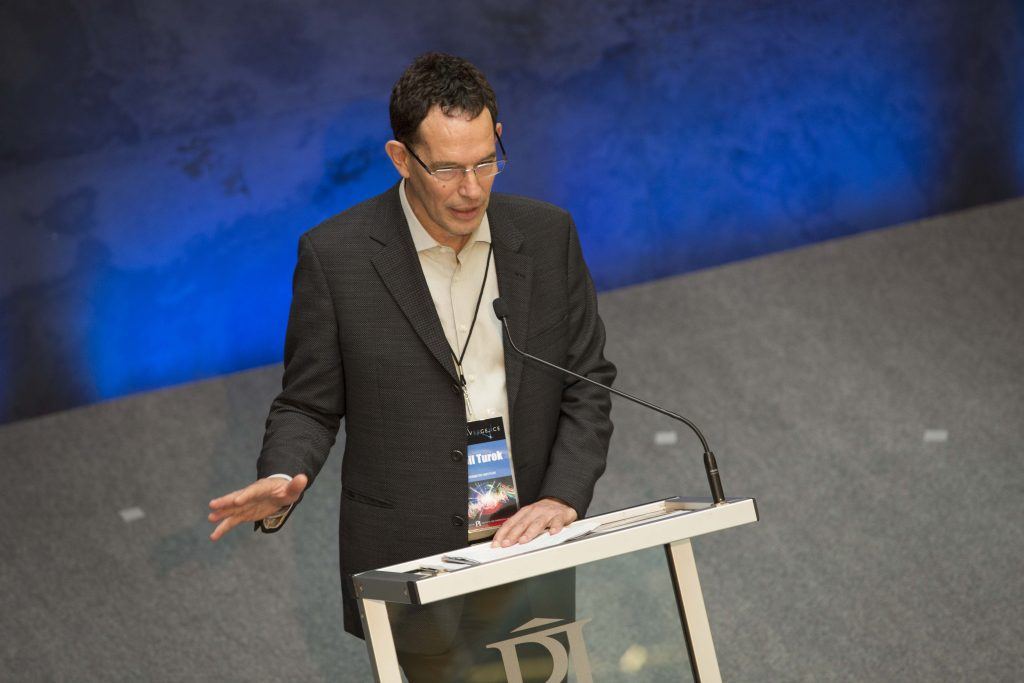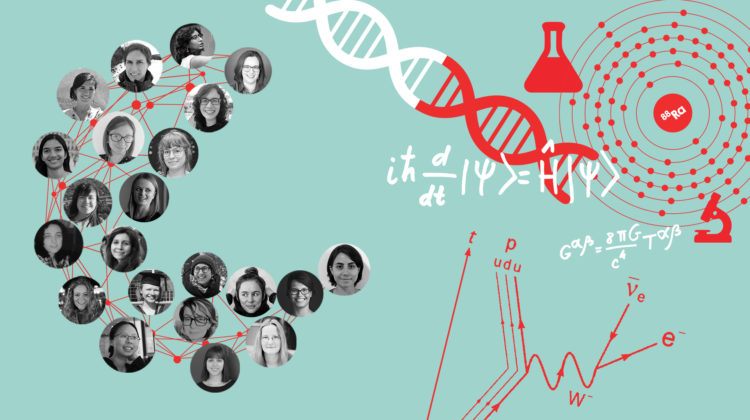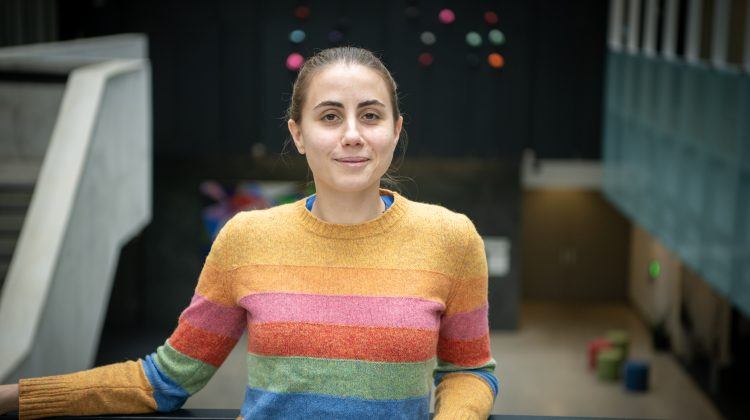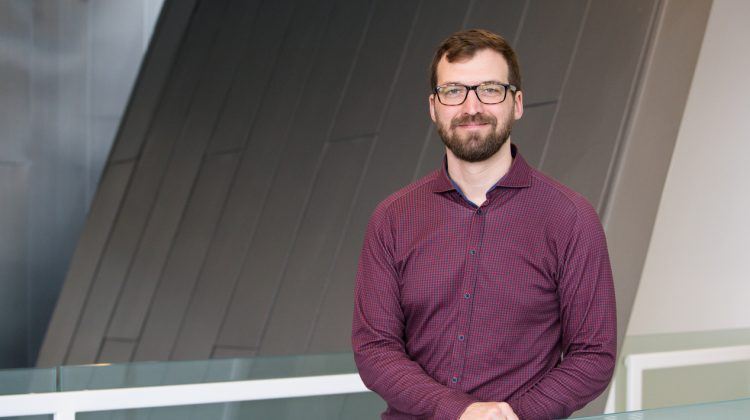Secrets of the Universe – Hiding in Plain Sight? Neil Turok Public Lecture
How did the universe begin? How did it evolve to what we see now?
There was a time when few people believed such questions could even be posed in scientific terms. Now, as increasingly precise instruments deliver their treasure trove of data, the answers may be within reach.
On Wednesday, October 25, Perimeter Director Emeritus Neil Turok will tackle this intriguing topic in a Perimeter Institute Public Lecture, “Secrets of the Universe: Hiding in Plain Sight?”
Turok is the Higgs Chair of Theoretical Physics at the University of Edinburgh. In addition to his Director Emeritus title, he holds the Carlo Fidani Roger Penrose Distinguished Visiting Research Chair at Perimeter.

Turok is an internationally renowned cosmologist who has collaborated with luminaries such as the late Stephen Hawking in developing and testing new theories about the origins and development of the universe. He is visiting for the upcoming Puzzles in the Quantum Gravity Landscape: viewpoints from different approaches conference.
Most recently, he has been working with Perimeter Visiting Fellow Latham Boyle on an alternative to the cosmological inflation model, one that invokes a mathematical symmetry, a type of “mirror” universe stretching backward in time from the big bang.
Turok will discuss the motivations behind the search for more economical and predictive models than we currently have. He will outline the surprisingly fruitful results of that search, as well as the main challenges and opportunities, before looking ahead to future observational tests.

PERIMETER INSTITUTE RECORDED SEMINAR ARCHIVE

























































































